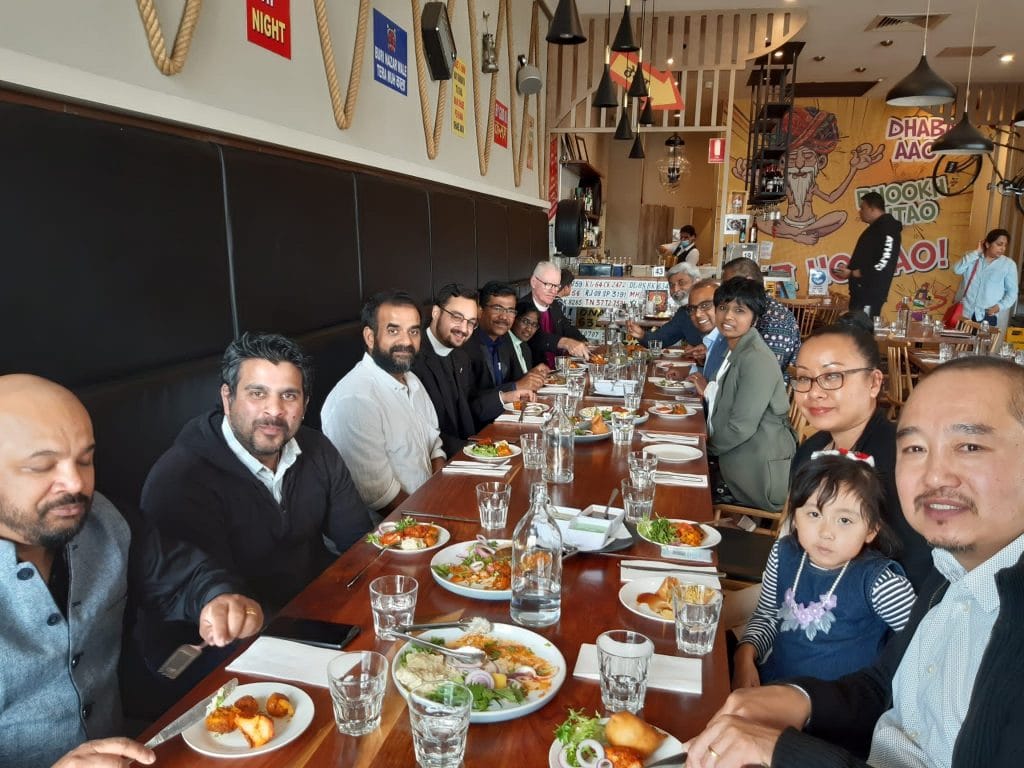By Elspeth Kernebone
24 December 2021

A WESTERN suburbs church has hired two Hindi and Punjabi speaking lay ministers, as part of efforts to connect with a rapidly growing Indian community in Melbourne’s west.
Epiphany Anglican has hired the two ministers to work out of its Tarneit church plant, as they speak several subcontinental languages.
Senior minister the Venerable Glenn Buijs said much of the growth was made up of young Indian families, who were moving to the area, previously known for its refugee communities.
Read more: Bringing Jesus to the growth corridors
He said about 90 per cent of the Hoppers Crossing church’s members were refugees, including many people from Karen and South Sudanese communities.
Mr Buijs said ministers who spoke people’s “heart language” allowed them to connect in a different way. He said he had witnessed people’s faces light up at programs such as the church’s foodbank when someone spoke to them in their own language.
It’s part of a broader strategy to connect with people where they are in the community, as a pathway into church.
This has included setting up a community hub in the former-vicarage to programs such as violence prevention, and computer literacy.
The church also runs a food bank, and is opening a centre to meet the needs of families with children who have disabilities.
Mr Buijs said the community programs meant they could have conversations with people from different faith backgrounds in a respectful and meaningful way, without being seen as proselytising.
It comes alongside rapid development around Tarneit, Truganina and Hoppers Crossing, all part of Melbourne’s slated growth areas.
In what are often beautiful but sterile new housing complexes, Mr Buijs said the church was asking how to create places where people wanted to come and engage.
“It’s engaging people in hopefully meaningful community. So what we’re trying to build now to specific communities,” Mr Buijs said.
“Instead of trying to draw people into church, it’s trying to say how does this church get back out into the community, their social spaces, and engage with them.”






